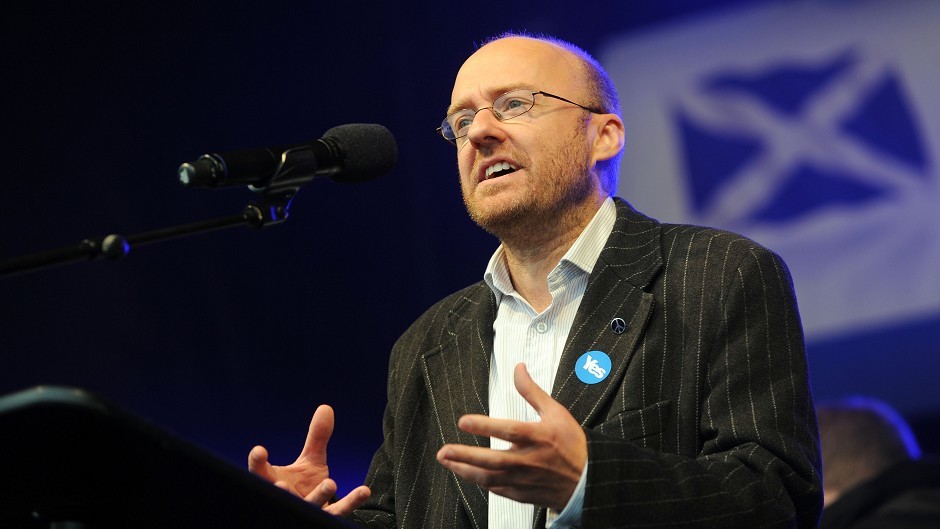The Scottish Greens have pledged their return to “truly progressive taxation” will help fund the building of affordable homes in the north-east.
The party said they would use major new income tax powers to “close the gap” between rich and poor.
Providing “decent and affordable” homes for people is one of the top priorities for the party, which has two seats in Holyrood.
A spokeswoman for the Scottish Greens said: “Our general approach to tax powers, both the local tax powers Scotland already has and the new powers yet to be devolved, will be to protect public services from the UK’s austerity agenda, while seeking to close the gap in wealth and income inequality.
“We also think well designed tax measures can help to restore some balance in the housing market, to address the barriers many people face to finding decent affordable homes.
That’s a particular problem in the north-east, as people know all too well.”
The party has yet to decide on the specifics of its income tax policy, according to the spokeswoman, but it will include a pledge to ensure wealthy people “pay their share”.
The spokeswoman also accused other parties of leaving Scotland with “one hand tied behind its back” following the debate on welfare devolution.
She added: “We haven’t yet made decisions about specific tax rates, but we expect to propose a return to truly progressive taxation. The very wealthiest can clearly afford to pay their share, and speaking personally I can see no reason why someone on an MSP’s salary can’t afford to pay something more.
“The UK Government’s proposed tax credit cuts are clearly an indefensible attack on the working poor, and all progressive forces in Scotland should seek ways to reverse or mitigate them.
“However we don’t yet know what the chancellor will finally propose after the defeat in the House of Lords, so it’s too soon to put figures on what Holyrood will need to do.
“We argued for meaningful devolution of the welfare system to Scotland, and it’s pretty galling now to hear demands for action from those parties which ensured that Scotland will still have one hand tied behind its back.”
